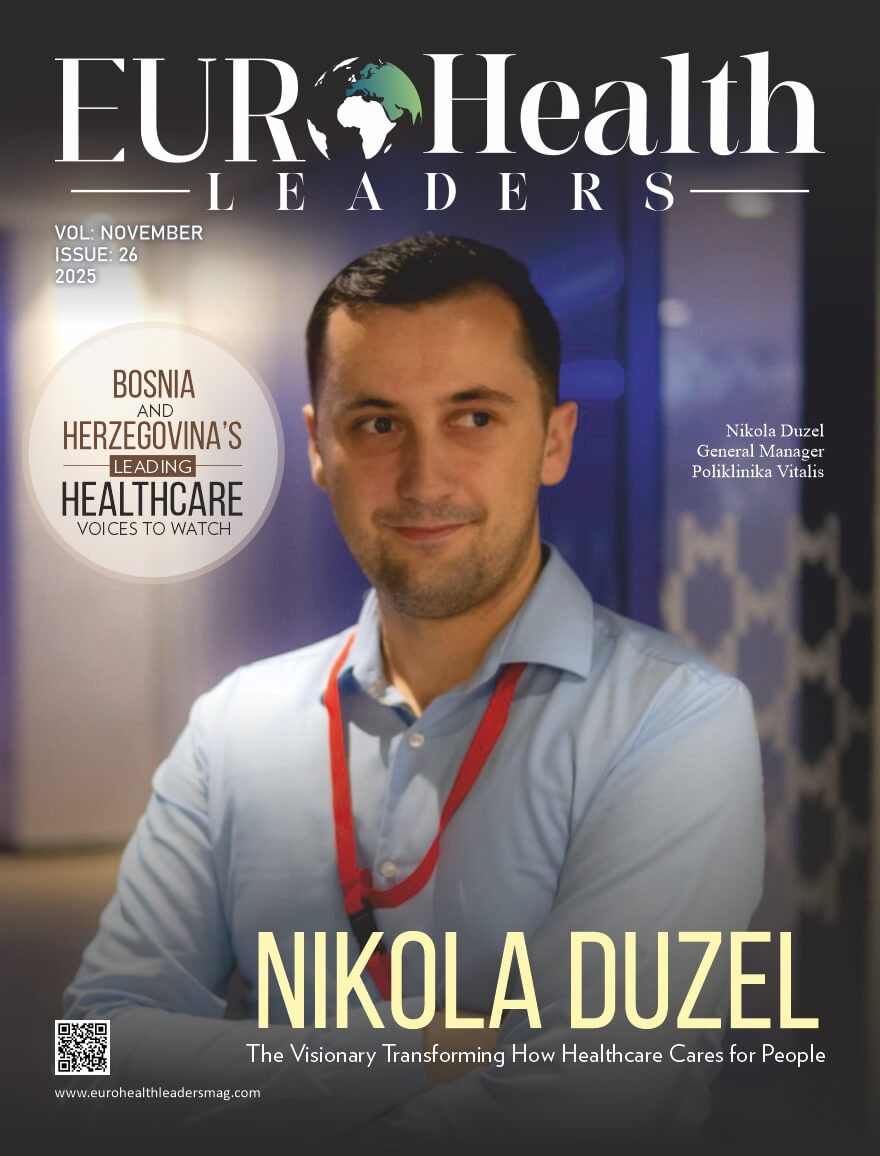When systems fail to reach those who need them most, true leaders step in to bridge the gap. That’s exactly what Charles Watkins did when he founded Mental Health Support Solutions — bringing focused, responsive care to industries where silence around mental health had gone on far too long.
As a clinical psychologist with hands-on experience in hospitals, private practice, and rehabilitation settings, Charles witnessed the cracks in traditional systems firsthand. But it wasn’t until a pivotal conversation with a colleague researching mental health in high-risk professions that he saw just how deep those cracks ran — especially for seafarers and other isolated workers. Rather than wait for change, he built it.
Now, as CEO, Charles leads with clarity and purpose: making mental health care proactive, culturally attuned, and truly accessible — no matter how remote the setting. He has fused innovation with empathy, investing in digital platforms, multilingual support networks, and embedded care models that meet people exactly where they are, physically and emotionally.
Let’s delve into the interview details below!
Could you share a bit about your professional journey and what led you to founding Mental Health Support Solutions?
My professional journey began in clinical psychology, working in high-stress environments including hospitals, private clinics, rehabilitation centers, and with vulnerable populations. Talking to my colleague in my private praxis, I noticed a significant gap in mental health services, especially for high-risk professions in maritime. My colleague Susann was researching the topic and writing about this gap. Founding MHSS was a response to this — a mission to provide accessible, tailored mental health care where traditional systems often fall short.
How would you describe the core vision and values driving Mental Health Support Solutions today?
Our core vision is simple: mental health care should be accessible, proactive, and stigma-free. We are guided by values of empathy, cultural sensitivity, integrity, and innovation. Our team works to ensure that every person, no matter how remote or isolated their vessel may be, feels seen, heard, and supported.
What are the biggest challenges currently facing mental health support systems in Europe, and how is your company addressing them?
Some of the biggest challenges include access to timely care, overcoming stigma, and adapting services to culturally diverse populations and the LBGTQ community. At MHSS, we address these by offering 24/7 multilingual support, creating awareness campaigns within organizations, and embedding mental health professionals into clients’ operational frameworks. We also tailor interventions to each individual’s context, not just their symptoms.
How is Mental Health Support Solutions leveraging innovation to deliver more effective mental health care?
We’ve invested in secure telehealth platforms, app-assisted scheduling and learning tools, and data-driven risk assessments to reach clients in real time, wherever they are. But beyond tech, our innovation lies in human-centered care: creating a system that adapts to people — not the other way around. We’re also developing preventive training modules and emotional fitness programs tailored to seafarers and office personnel.
As a CEO, how do you balance the business aspects of healthcare leadership with the emotional demands of the mental health sector?
It’s a continuous balancing act. I’ve learned to lead with vulnerability and authenticity. Our business decisions are always guided by the question: Does this enhance care and well-being? At the same time, I rely on a strong team, regular supervision, and personal reflection to stay grounded and connected to our mission. Even the strongest engines need fuel.
What long-term changes have you observed in mental health care following the COVID-19 pandemic?
The pandemic normalized conversations about mental health and revealed how fragile yet essential support systems are. We’ve seen a significant uptick in demand, more openness from companies to invest in psychological care, and greater appreciation for proactive mental health strategies. Flexibility, accessibility, and digital tools are now permanent fixtures in care delivery.
Can you share a defining moment that affirmed the real-world impact of your organization’s work?
One moment that has left a lasting impression on me involved a seafarer who had experienced a traumatic event at sea and was in acute emotional distress, expressing thoughts of ending his life. I remained on the phone with him for over three hours, working to de-escalate the crisis while coordinating with members of the crew to reach his cabin and ensure his immediate safety.
Nearly a year later, he reached out to thank me for being there during that critical moment. His call was a powerful reminder that behind every policy, every procedure, and every operational framework, there is a human being — someone who may be silently struggling.
It is moments like this that reaffirm our purpose, strengthen our commitment, and remind us of the profound impact we can have by simply being present and compassionate.
What advice would you offer to future healthcare leaders aiming to make a difference in mental health?
Lead with compassion. Understand that mental health care is not one-size-fits-all. Embrace innovation but don’t lose sight of the human element. Prioritize listening — truly listening — to the people you’re serving. And finally, take care of your own mental health. I learned this the hard way – You can’t pour from an empty cup.









